Arne Slot: A Proven Track Record of Improving Players
It is a proven fact that Jurgen Klopp is a brilliant man-manager who is able to bring the best out of his players, helping them reach the next level. The examples are plenty: from Joe Gomez, Mohamed Salah, Gini Wijnaldum and many others who thrived under the German’s guidance.
Alongside the similarities in their playing style, this trait of improving players is why the Reds went through with their decision to appoint Arne Slot as the successor of Klopp at Anfield.
It’s common to praise a coach for being a great man-manager and developer of talent, but what sets Arne Slot apart?
To better understand this, let us take a closer look at some of the players Arne Slot has helped develop during his tenures at Feyenoord and AZ Alkmaar, including a few who found it challenging to adapt to life without him.
While we’re at it, we’ll have a look at some of the Liverpool players that might benefit from the Dutchman’s arrival.
Arne Slot: A Knack for Developing Academy Products
Quilindschy Hartman
Arne is said to be particularly passionate about nurturing young talent. This is evident in the progress of a particular Feyenoord Academy graduate who flourished significantly under the new Reds’ boss.
Quilindschy Hartman has been a long-time member of Feyenoord’s youth ranks since 2010. Despite a significant hurdle—a cruciate ligament injury in 2020 that stalled his progression—Hartman’s breakthrough came under Slot’s stewardship in his second year as the Feyenoord manager. Promoted to the first team, Hartman made his debut and quickly established himself as a regular in the lineup.
In the 2022–23 season, which saw Feyenoord clinch the title, Hartman made 33 appearances, scoring twice and providing four assists. This season, he has already played in 38 matches, delivering seven assists. This includes a crucial pass in the Dutch Cup round of 16 against PSV, which played a pivotal role in securing the victory for his team.
Hartman’s rise under Slot’s tutelage hasn’t just solidified his position in Feyenoord’s starting lineup; it has also led to a call-up to the Dutch national team for the 2024 EURO Qualifiers. In an impressive debut on the international stage against France, he netted his first goal.
Under Slot’s guidance, Hartman has been nothing short of remarkable. His standout performances have caught the attention not only of fans in the Eredivisie but also across Europe, where he’s now ranked among the top fullbacks statistically.

This season, Slot used Hartman as a hybrid fullback. He either drops to the backline to become the LCB during Feyenoord’s 3-2 build-up phase, or he pushes high up the pitch to create overloads on the left-hand side and stretch the opponents’ backline.
When you compare his offensive statistics to those of other fullbacks in the top five European leagues, Hartman’s numbers are nothing short of impressive. He averages 0.22 expected assists, 3.47 shot-creating actions, and 2.56 touches in the attacking penalty area per 90 minutes. These figures rank him in the 97th, 95th, and 93rd percentiles, respectively, among fullbacks in these key offensive metrics.

But there’s more to Hartman than just his offensive output; his role in Feyenoord’s aggressive high-pressing strategy and his skill in advancing the ball have made him indispensable to Arne Slot’s tactical plans.
Hartman excels in the pressing game, where he ranks in the 92nd percentile for tackles in the final third, averaging 0.38 per 90 minutes.

His passing abilities are also top-notch, with an average of 6.33 progressive passes and 0.53 through balls per 90 minutes, placing him in the 94th and 99th percentiles, respectively.

Hartman is an ideal fit for Slot’s system, and it’s clear to see why. If Klopp were to remain at Anfield, Hartman could very well be considered a potential successor to Andrew Robertson for the left-back position. And who knows, maybe he will be reunited with Slot in England.
Lutsharel Geertruida
Now, let’s turn our attention to another talented player from the Feyenoord academy.
This player was already part of the senior squad before Slot took over, but that didn’t stop the coach from further developing his skills. Contrary to Hartman, Geertruida is often the one who inverts from the right-back position into midfield, causing numerical superiority in central areas and improving ball circulation.
Geertruida transferred to Feyenoord’s youth system in 2012 from Sparta’s youth ranks and was elevated to the first team in 2017 at the tender age of 17. Over the three seasons before Slot’s tenure, the young defender racked up 68 appearances, amassing a total of 4,715 minutes on the pitch.
However, under Slot’s management, his role minutes increased dramatically, escalating to 126 appearances and a whopping 10,233 minutes over the last three seasons!
While Geertruida had been progressively gaining more playtime under Dick Advocaat, it was under Slot that he truly became a pivotal figure in this Feyenoord squad, especially during the offensive build-up.
By shifting into midfield, Geertruida adds an additional layer to the team’s ball circulation, turning into a key figure during the build-up phase. He sits in the 99th percentile for passes received compared to other fullbacks, with an average of 57.03 per 90 minutes—making him at the heart of Feyenoord’s build-up phase.
But Geertruida’s talents extend beyond just knowing where and how to receive passes. His ability to advance the ball and his progressive style of play are what truly set him apart.

Moreover, his passing skills are just as noteworthy. When you examine his stats for accurate forward and progressive passes and compare them with other fullbacks across the top seven European leagues, it’s clear that he ranks among the elite.
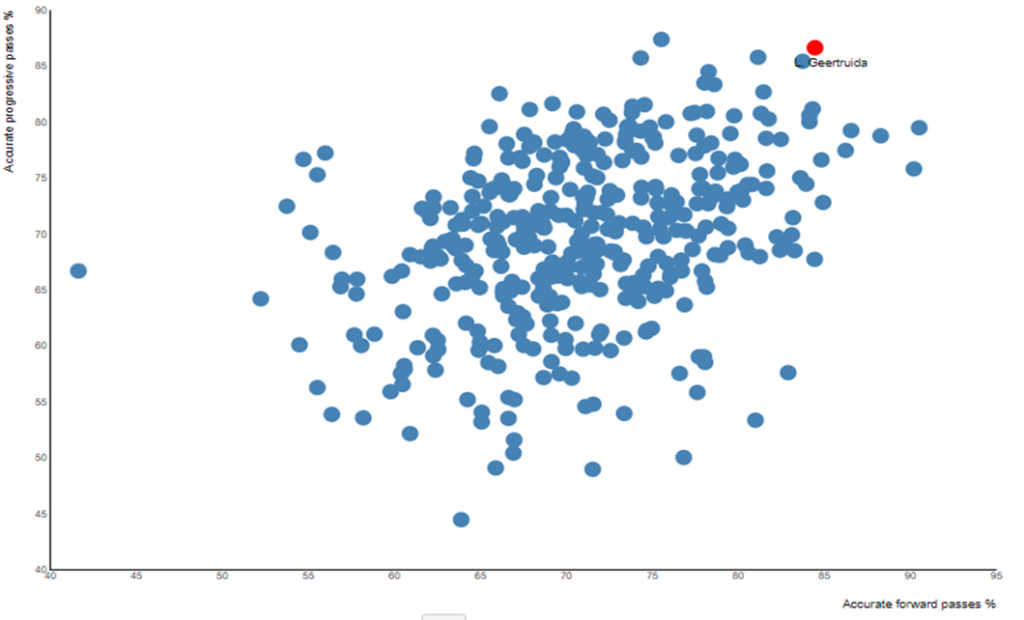
Geertruida was instrumental in Feyenoord’s title-winning season, helping the team maintain a tight defense that allowed only 30 goals.
His impressive performances did not go unnoticed, drawing interest from top European clubs such as Bayern Munich and RB Leipzig, the latter of which was particularly keen to bring him on as a replacement for Gvardiol. Despite this interest, Feyenoord declined an offer of €30 million plus bonuses, which would have been a record-breaking transfer fee for the club.
Like Hartman, Geertruida also received his first international call-up in 2023, joining the Dutch squad for the 2024 EURO Qualifiers.
Feyenoord’s Double “Pistons”
The list of players that Arne Slot has successfully developed at Feyenoord goes on and on. Current midfielders Mats Wieffer and Quinten Timber, who are operating as either double pivots or double eights at Feyenoord, further underscore Slot’s knack for enhancing players’ skills.
Wieffer, acquired from Excelsior in the Dutch second division for just €575k, quickly became a key player under Slot. His market value has impressively surged to €27m as of today, reflecting his significant development.
Quinten Timber, on the other hand, initially struggled in his role in the pivot last season. But look at him this year, excelling as a box-to-box midfielder.
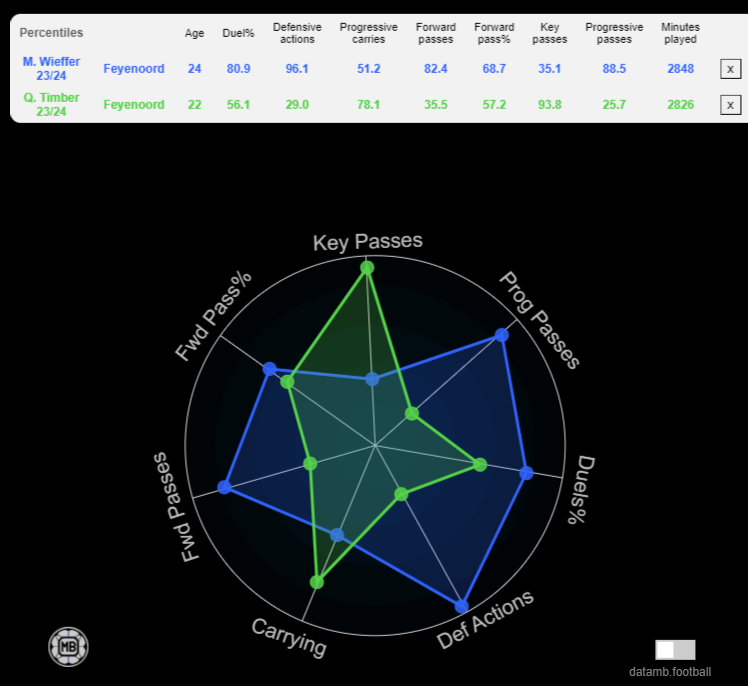
To sum up, Arne Slot’s impact on the current Feyenoord squad is undeniable. Players like Justin Bijlow, David Hancko, Yankuba Minteh, Igor Paixao, and Santiago Gimenez have all soared to new heights under his guidance.
What Is “Slot,” Arne Don’t Hurt Me
Orkun Kökçü
While all of the mentioned players improved drastically under Slot, there’s another who’s probably the best example of how the manager has developed a player at Feyenoord. Interestingly enough, this player is currently facing challenges at a different club.
It’s Orkun Kökçü, who advanced to the Feyenoord senior squad in 2018. Prior to Slot’s arrival, Kökçü had made 78 appearances, contributing to 24 goals. However, he was often perceived as somewhat of a lazy number 10, with many fans and critics feeling he was a talented player wasting his potential.
This perception changed dramatically with Slot’s arrival, thanks to a key strategic adjustment.
Under Slot, Kökçü increased his goal contributions to 35, but it was his role transformation that truly made him thrive and proved crucial during Feyenoord’s title-winning campaign.
In Slot’s second season, facing the departure of several key players, Kökçü was named captain and repositioned to play primarily as a number eight, or sometimes even as a six in a double pivot.
This adjustment had him operating deeper to receive the ball, effectively helping the team bypass the opposition’s press by acting as the primary outlet. From this deeper position, his technical prowess allowed him to dodge defenders and push play forward. Once advancing up the pitch, he used his creative abilities to pose a significant threat to opponents.

Kökçü secured a record transfer to Benfica in the summer of 2023, but it’s evident he’s struggling without Slot’s guidance.
Despite his undeniable talent and a promising start, he has had difficulty fitting into the tactical setup and expectations under coach Roger Schmidt. The player stated that he feels marginalised within the team’s structure and has struggled to adapt to the new coach’s style and strategy.
This situation underscores Slot’s exceptional knack for understanding his players’ needs and optimally positioning them within his system.
But Kökçü is not the only player to experience challenges after leaving Slot’s tutelage.
Calvin Stengs & Another Familiar Face
Consider Calvin Stengs, another of Slot’s protégés, whom he promoted from the AZ U21 squad in 2017.
During AZ’s title challenge in the COVID-affected season, Stengs was a pivotal player, scoring 10 goals and providing 12 assists in 42 matches across all competitions.
He later transferred to Nice in the French league but found it difficult to replicate his previous form, leading to a loan to Antwerp in Belgium.
In 2023, Stengs was reunited with Arne Slot at Feyenoord, and it’s clear he quickly regained his form. This season, he has contributed impressively, with seven goals and 16 assists in 40 appearances.
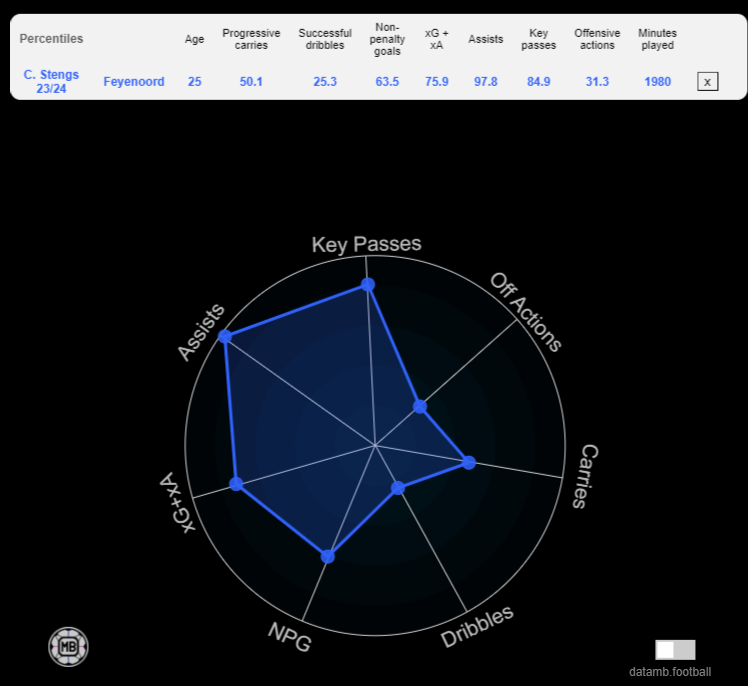
Stengs isn’t the only player Slot significantly developed at AZ. Another key figure you might recognise is Teun Koopmeiners, who recently faced Liverpool in the Europa League. Luckily, Teun wasn’t affected after separating from Slot.
With AZ, Koopmeiners thrived in a double pivot role in midfield, which enabled him to effectively press the opponent’s frontline and advance the ball when in possession. This role enhanced his contributions both offensively and defensively for AZ.
This development was transformative for Koopmeiners, who not only excelled under slot but also successfully transitioned to a new league, joining Atalanta for €12 million in 2021. His performances in Italy have continued to demonstrate his ability to adapt to and excel in different competitive environments.
Slot’s ability to elevate player performance has not only made AZ Alkmaar and Feyenoord title contenders but also significantly bolstered the clubs’ financial standings through profitable player sales.
Consider players like Kökçü, whose success under Slot led to a profitable transfer, or Tyler Malacia, who evolved from a traditional fullback to an inverted one before moving to Manchester United. Similarly, Teun Koopmeiners’ development under Slot culminated in a lucrative move to Atalanta, benefiting AZ Alkmaar financially.
Arne Slot: A Proven Track Record of Improving Players
Cody Gakpo & Darwin Núñez
With such a track record, it’s likely that Arne Slot will have a similar influence on the Liverpool squad. Let’s start with the attacking line, precisely the wingers.
Slot prefers his wingers to be adept at 1 versus 1 situations, capable of taking on opponents with speed and power.
Although Cody Gakpo and Darwin Núñez have not yet fully realised their potential at Liverpool, Slot’s tactical system might just be the catalyst they need. Positioning them as wide players could unlock their abilities, maximising their impact on the field.
Gakpo’s skills in ball carrying are well documented. At PSV, he was particularly known for his dynamic runs down the flanks, taking on defenders with ease and using his physicality to maintain possession effectively.
Now, regarding Darwin Núñez and the suggestion to shift him to a wing position—let’s explore this idea.
While it’s true that Darwin’s finishing was poor, the pressure to silence his critics might have affected his decision-making in crucial moments, which might be the reason behind the missed opportunities.
However, he has demonstrated his capability to score, but if Arne Slot fails to make Darwin’s finishing more consistent, moving the Uruguayan to the left wing could be a better option.
Darwin already has the tendency to drift to the left wing, where his explosiveness allows him to exploit spaces behind defences and challenge defenders directly. His 13 assists across all competitions this season and notable expected assists stats of 6xGA highlight his ability to deliver crosses from both feet and make incisive passes.
Midfielders
Turning to midfielders like Curtis Jones, Harvey Elliott, and Stefan Bajcetic, there’s every reason to believe they will flourish under Slot’s direction. These young talents align well with what Slot looks for in his players: skill, youth, and the potential to adapt and grow within his system. Their development will be exciting to watch as they potentially become central figures in Liverpool’s future under Slot’s guidance.
Jones’ athleticism, ability to press intelligently, and prowess in retaining possession position him well to take on a role similar to Quinten Timber’s under Slot. Expect to see Jones actively leading the press near the front and seamlessly transitioning back to support the build-up phase, contributing significantly on both ends of the field.
Harvey Elliott’s creativity and knack for finding space in congested areas make him a viable option for either the right wing or as a dynamic right-sided number eight. Under Slot’s guidance, Elliott is likely to refine his pressing techniques to ensure they are perfectly synchronised with the team’s overall tactical framework. This development will be essential to maximising his impact on the pitch.
As for Bajcetic, his current setback due to injury is unfortunate, but the situation presents a potential parallel with Hartman’s successful recovery and subsequent breakthrough under Slot at Feyenoord. Bajcetic’s close work with experienced players like Wataru Endo, coupled with Slot’s proven track record with young players, suggests a bright future for the defensive midfielder once he returns to full fitness. Under Slot’s management, Bajcetic will have a significant opportunity to develop and eventually shine in his role, contributing to Liverpool’s midfield strength.
Ryan Gravenberch is indeed another player who stands to benefit significantly from Arne Slot’s system. During his time at Ajax, Gravenberch demonstrated his proficiency in a formation that features a double pivot or with two high eights—a scheme that Slot favours. His best performances came while playing as a left central midfielder, where his ability to drive forward with the ball and use his long limbs effectively for ball retention was particularly valuable.
Defenders
On the defensive side, young players like Jarrel Quansah are also poised to thrive under Slot. Quansah’s ability to advance the ball through both carrying and passing aligns well with Slot’s preferences for his centre backs. While Quansah may need to improve aspects of his defensive play, such as positioning and timing, Slot’s coaching could be key in these areas, enhancing his overall defensive capabilities.
And then there’s Trent Alexander-Arnold. The potential managerial change to Ruben Amorim had raised questions about Trent’s fit within the tactical setup due to Amorim’s typical non-use of inverted fullbacks. However, Slot’s system, which effectively incorporates an inverting right back as seen with Geertruida at Feyenoord, seems tailor-made for Trent.
His ability to contribute to build-up play, combined with his exceptional passing range, could see him taking on an even more influential role. Under Slot’s possession-oriented approach, we might witness an evolved Trent—one who not only influences games with his offensive prowess but also brings a new level of control and precision to the team’s play from deeper positions.
Jumping on the “Hype Train?”
This might be seen as an overly enthusiastic view about the new manager, perhaps riding the hype train a bit too vigorously, but the evidence supporting Arne Slot’s prowess in player development is there for everyone to see.
Reflect on the numerous players he has significantly improved in the Netherlands. The examples of Stengs and Kökçü are particularly telling, illustrating not only their growth under Slot’s guidance but also their struggles without it. This consistent ability to enhance player performance is undoubtedly a major factor in why Liverpool opted for Arne Slot as their new manager.
If Slot continues to implement his successful methods at Liverpool, we could very well witness a season where every player on the squad experiences a transformation.


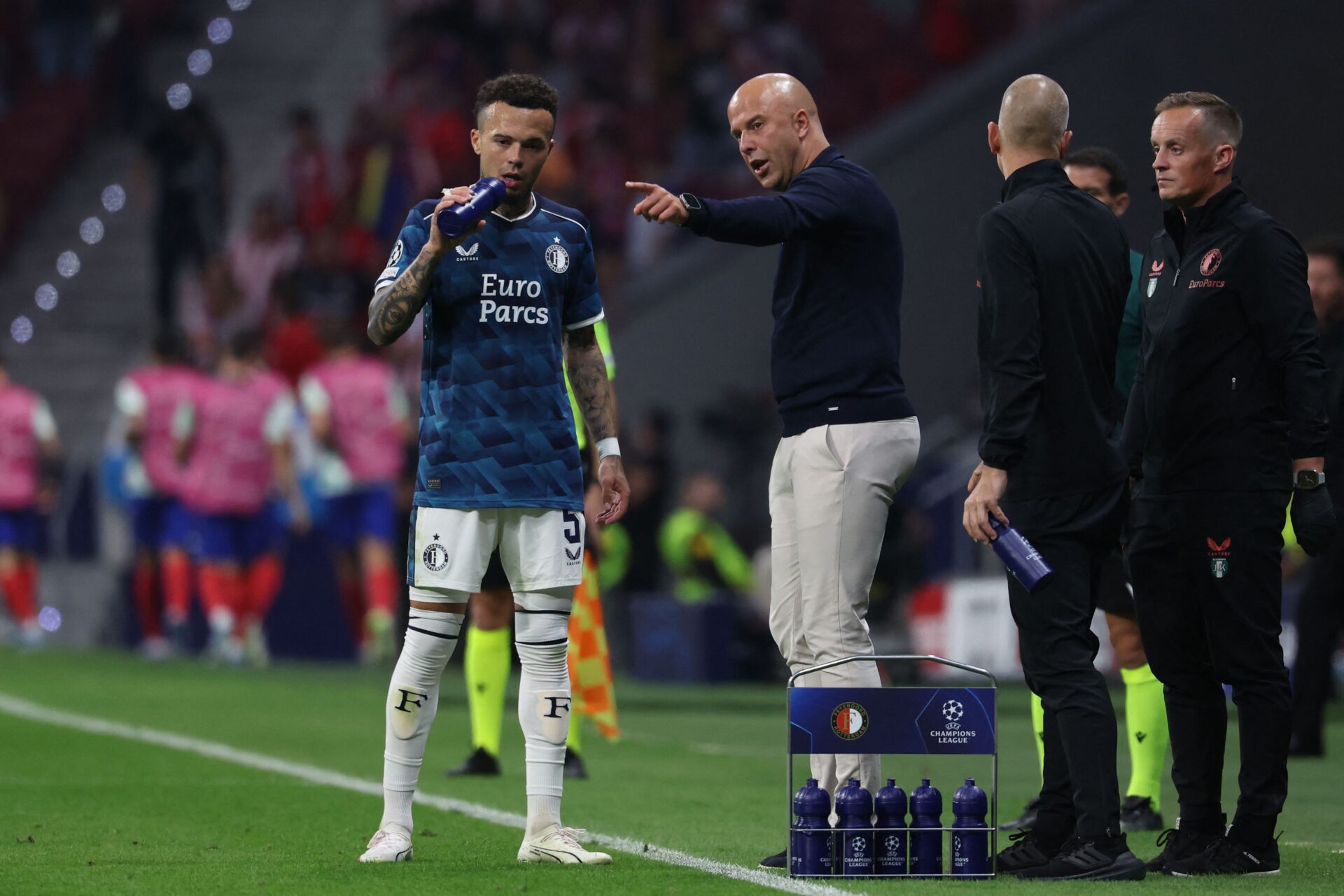
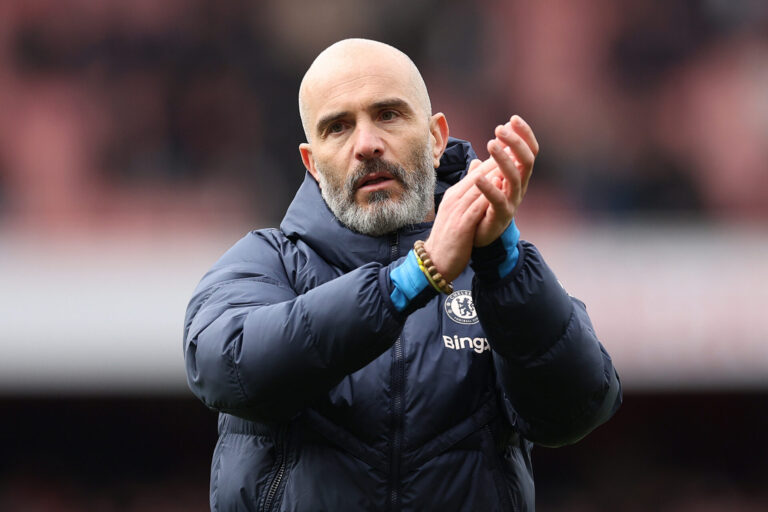
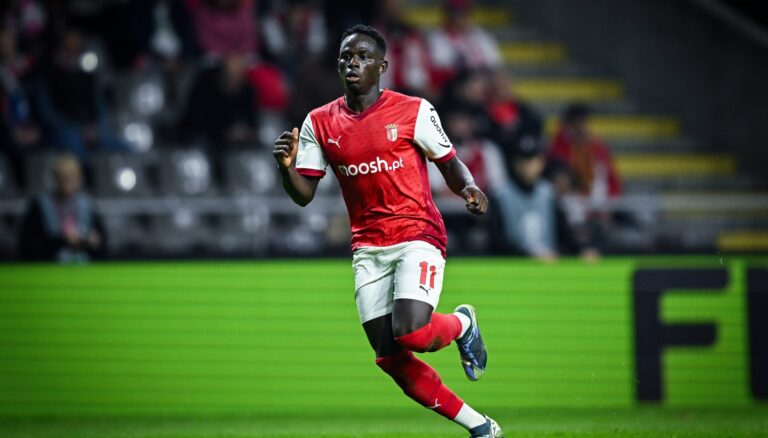
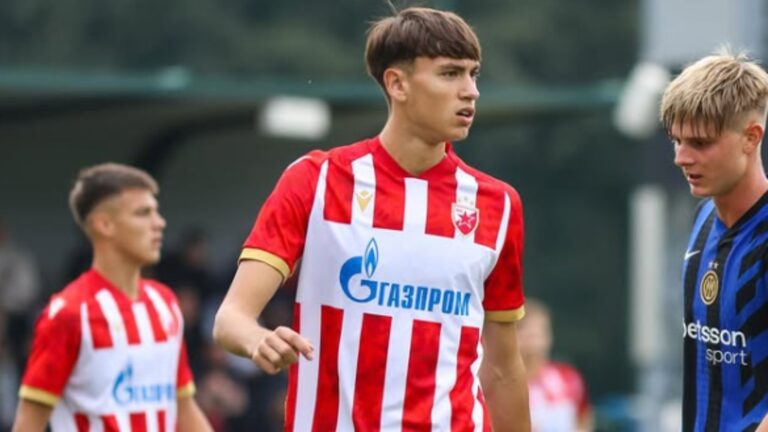
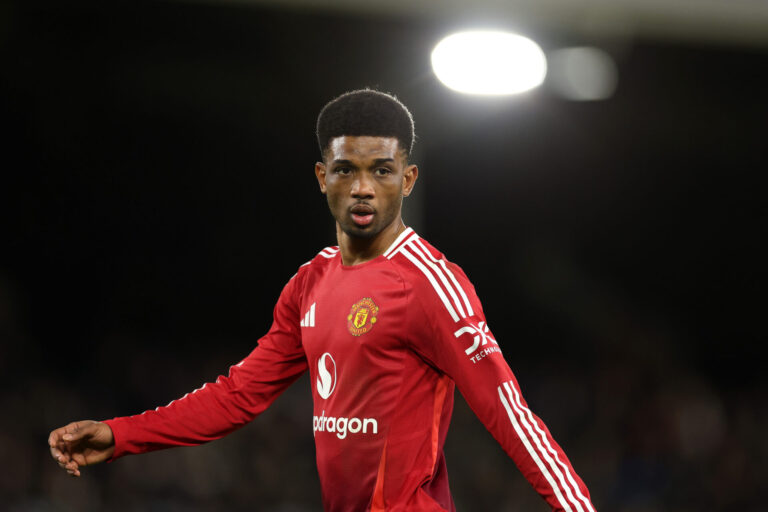
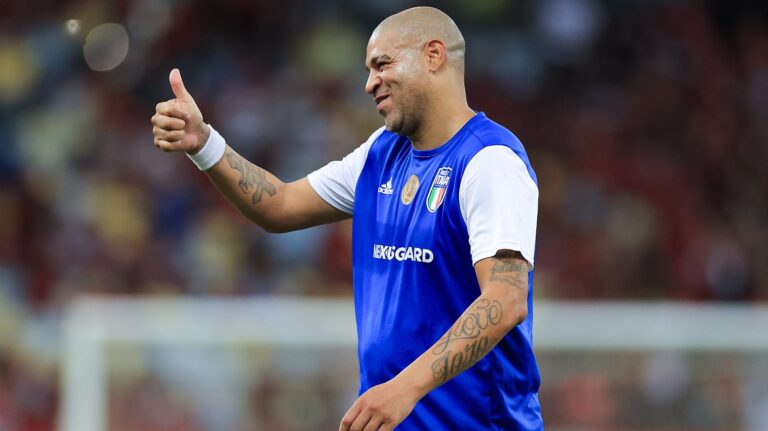
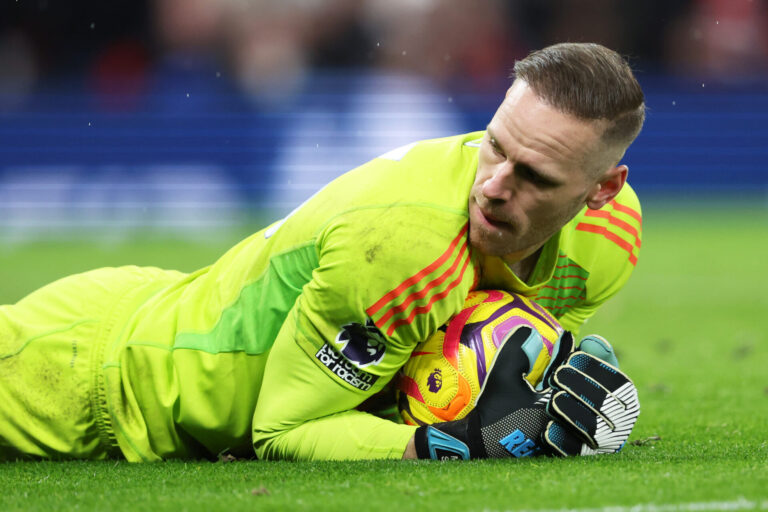
One Comment undefined "Arne Slot: A Proven Track Record of Improving Players"